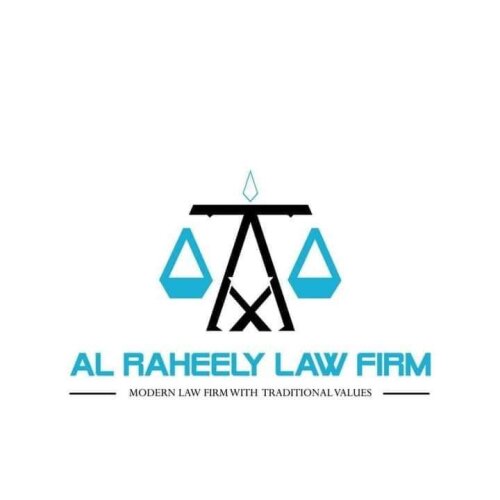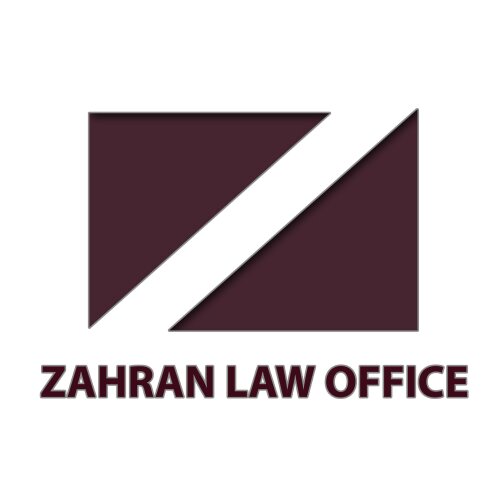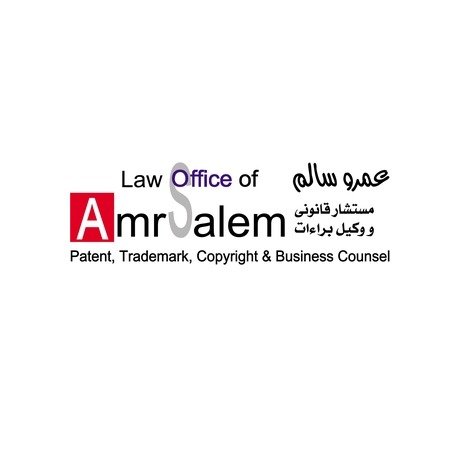Best Renewable & Alternative Energy Lawyers in Egypt
Share your needs with us, get contacted by law firms.
Free. Takes 2 min.
Or refine your search by selecting a city:
List of the best lawyers in Egypt
About Renewable & Alternative Energy Law in Egypt
Renewable and alternative energy have become central to Egypt’s national strategy for sustainable development. Over the past decade, the Egyptian government has set ambitious targets to diversify energy sources, moving away from traditional fossil fuels toward solar, wind, hydropower, and other clean energy technologies. This transition has been supported by comprehensive policy reforms, foreign investment incentives, and the enactment of new laws to regulate and facilitate renewable energy projects. As a result, Egypt is now a regional leader in green energy, hosting large-scale solar and wind farms and offering various opportunities to investors and businesses in the sector.
Why You May Need a Lawyer
Engaging in the renewable and alternative energy sector in Egypt often involves navigating complex legal and regulatory frameworks. You may need a lawyer if you are:
- Seeking to invest in or develop a solar, wind, or waste-to-energy project.
- Negotiating contracts with government entities or private companies related to energy provision or infrastructure.
- Understanding the licensing and permitting process for establishing an energy facility.
- Handling land acquisition or zoning issues for an energy project site.
- Addressing disputes or compliance matters involving environmental regulations.
- Navigating incentives, subsidies, or feed-in tariffs provided by the government for green energy projects.
- Complying with environmental impact assessment requirements and dealing with related public participation processes.
A specialized lawyer is essential for ensuring full compliance with local laws, safeguarding your interests in contractual negotiations, and representing you in case of legal disputes.
Local Laws Overview
Egypt has adopted several key legal instruments governing the renewable and alternative energy sector. The cornerstone is the Electricity Law of 2015 (Law No. 87 of 2015), which liberalizes the electricity market, allows independent power production, and sets the framework for renewable energy integration.
The Renewable Energy Law (Law No. 203 of 2014) encourages private sector involvement by establishing feed-in tariffs, competitive tendering processes, and guidelines for public-private partnerships. The New and Renewable Energy Authority (NREA) plays a vital role in policy implementation and project approvals. Other relevant regulations involve land allocation for projects, environmental protection requirements, permits, and tax incentives for green technologies.
Egypt is also a signatory to several international environmental agreements, reflecting the country’s commitment to sustainability and climate change mitigation. Compliance with all these laws is crucial for any entity operating in the renewable energy landscape.
Frequently Asked Questions
What are the main types of renewable energy sources in Egypt?
Egypt primarily focuses on solar power, wind energy, and hydropower. Solar and wind currently receive the most government attention due to the country's climatic advantages.
Is it possible for private companies to sell renewable energy to the national grid?
Yes, private companies can generate and sell electricity to the national grid under the feed-in tariff system and through competitive bid tenders.
What government incentives are available for renewable energy projects?
Incentives include feed-in tariffs, preferential land allocation, customs exemptions for approved equipment, and tax breaks for select projects.
Who regulates renewable energy in Egypt?
The New and Renewable Energy Authority (NREA) and the Egyptian Electric Utility and Consumer Protection Regulatory Agency (EgyptERA) are the primary regulatory bodies.
What are the main steps to set up a renewable energy project in Egypt?
Key steps include obtaining project approvals from relevant authorities, securing land, conducting an environmental impact assessment, receiving the necessary licenses, and entering grid connection and purchase agreements.
Is foreign investment allowed in Egypt's renewable energy sector?
Yes, Egypt actively encourages foreign investment and has established frameworks to attract international investors to the sector.
Are there specific environmental regulations for renewable energy projects?
Yes, all projects must comply with national environmental standards and undergo environmental impact assessments as part of the approval process.
What legal challenges are common in renewable energy projects?
Common challenges include land disputes, delays in permitting, contractual disagreements with off-takers, and navigating changing regulatory policies.
Can individuals install solar panels for their homes or businesses?
Yes, individuals and businesses can install rooftop solar systems and may benefit from net metering and feed-in tariff schemes in certain cases.
How are disputes in this sector typically resolved?
Disputes can be resolved through negotiation, arbitration, or litigation. Many contracts in the sector specify arbitration, especially for international investors.
Additional Resources
If you need more information or guidance, consider contacting or referring to the following:
- New and Renewable Energy Authority (NREA)
- Egyptian Electric Utility and Consumer Protection Regulatory Agency (EgyptERA)
- Ministry of Electricity and Renewable Energy
- Egypt Environmental Affairs Agency (EEAA)
- Egypt Investment Authority (GAFI)
- Local chambers of commerce with energy sector clusters
- International organizations such as the International Renewable Energy Agency (IRENA) with frequent projects in Egypt
- Professional law firms specializing in energy, infrastructure, and environmental law
Next Steps
If you need legal assistance in the field of renewable and alternative energy in Egypt, consider taking the following steps:
- Identify your specific legal need, whether it is investment, compliance, permitting, dispute resolution, or another issue.
- Gather any relevant documents, business plans, permits, or contracts associated with your project or inquiry.
- Contact a reputable law firm or independent lawyer experienced in the renewable energy sector in Egypt. Verify their credentials and expertise in this field.
- Schedule an initial consultation to discuss the details of your project and obtain advice on the necessary legal steps and compliance requirements.
- Stay informed about ongoing changes in local laws and regulations, as the renewable energy sector in Egypt is dynamic and evolving.
Taking the right legal steps early can help you avoid common pitfalls, secure your investment, and contribute to Egypt’s sustainable energy future.
Lawzana helps you find the best lawyers and law firms in Egypt through a curated and pre-screened list of qualified legal professionals. Our platform offers rankings and detailed profiles of attorneys and law firms, allowing you to compare based on practice areas, including Renewable & Alternative Energy, experience, and client feedback.
Each profile includes a description of the firm's areas of practice, client reviews, team members and partners, year of establishment, spoken languages, office locations, contact information, social media presence, and any published articles or resources. Most firms on our platform speak English and are experienced in both local and international legal matters.
Get a quote from top-rated law firms in Egypt — quickly, securely, and without unnecessary hassle.
Disclaimer:
The information provided on this page is for general informational purposes only and does not constitute legal advice. While we strive to ensure the accuracy and relevance of the content, legal information may change over time, and interpretations of the law can vary. You should always consult with a qualified legal professional for advice specific to your situation.
We disclaim all liability for actions taken or not taken based on the content of this page. If you believe any information is incorrect or outdated, please contact us, and we will review and update it where appropriate.
Browse renewable & alternative energy law firms by city in Egypt
Refine your search by selecting a city.

















